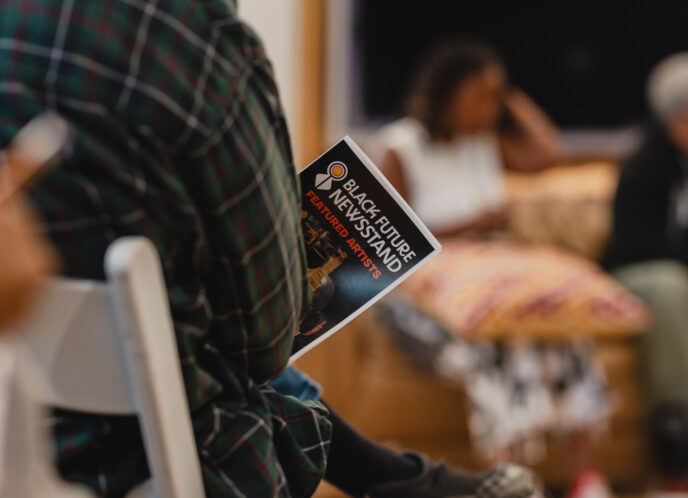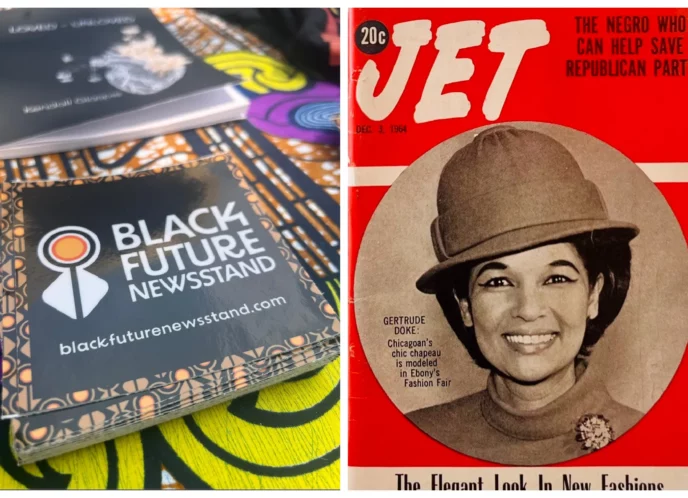On Tuesday, FCC Chairman Julius Genachowski released a draft order recommending AT&T and T-Mobile appear at a hearing in front of an administrative judge before the $39 billion deal between the two corporate giants goes through. An FCC agency analysis has lead the Commission to the same conclusion the Department of Justice reached this past August – the proposed AT&T-T-Mobile "merger" does not serve the public's interest.
"It is encouraging to see the Commission recognize consumers faced higher prices and fewer choices from the proposed acquisition of T-Mobile USA by AT&T," says Tracy Rosenberg of Media Alliance. "It's good to see the FCC joining the DOJ and the California Public Utilities Commission in not rubber-stamping the deal, but asking hard questions about market concentration and potential job loss."
Chairman Genachowski also called into question AT&T's previous assertion that the merger would allow it to build out it's 4G high-speed wireless Internet access to cover 97 percent of the population as opposed to only 80 percent. He concluded that irrespective of a merger, AT&T could and would likely build out access anyways in order to remain competitive with Verizon Wireless. "The FCC has done the right thing by rural and low-income communities by requiring a hearing for the deal," according to Nick Szuberla of Thousand Kites. "This is a good step for American consumers. There is no support for AT&T's stance that the deal would lead to faster service. This deal was going to equal less competition and directly equal layoffs of communication workers across the country."
Media justice advocates, community-based organizations, consumer rights and corporate/media watch dogs have long contended that the AT&T takeover was a bad deal for communities and for the US economy. Carlos Pareja of People's Production House asserts, "Ever since the merger was announced, we have drawn attention to the negative impact it would have on consumers, especially low-income folks, people of color, immigrants and other historically underrepresented communities that overwhelmingly rely on cell phones to access the Internet. Greater concentration in the wireless sector can only mean less competition which translates into higher prices and jobs cuts."
“We commend the FCC for standing up against the corporate greed of the 1% – AT&T- and defending the interests and needs of the majority of people in this country – the 99%," says Betty Yu, of the Center for Media Justice. "Already facing economic hardship, U.S. working families and historically marginalized communities can't afford to pay higher prices. This decision demonstrates that the FCC listened to people's concerns about the merger's negative impact and how it would hurt our families and communities."
###
The Media Action Grassroots Network (MAG-Net) is a local-to-local advocacy network of over 100 grassroots community organizations working together for media change to end poverty, eliminate racism, and ensure human rights.


